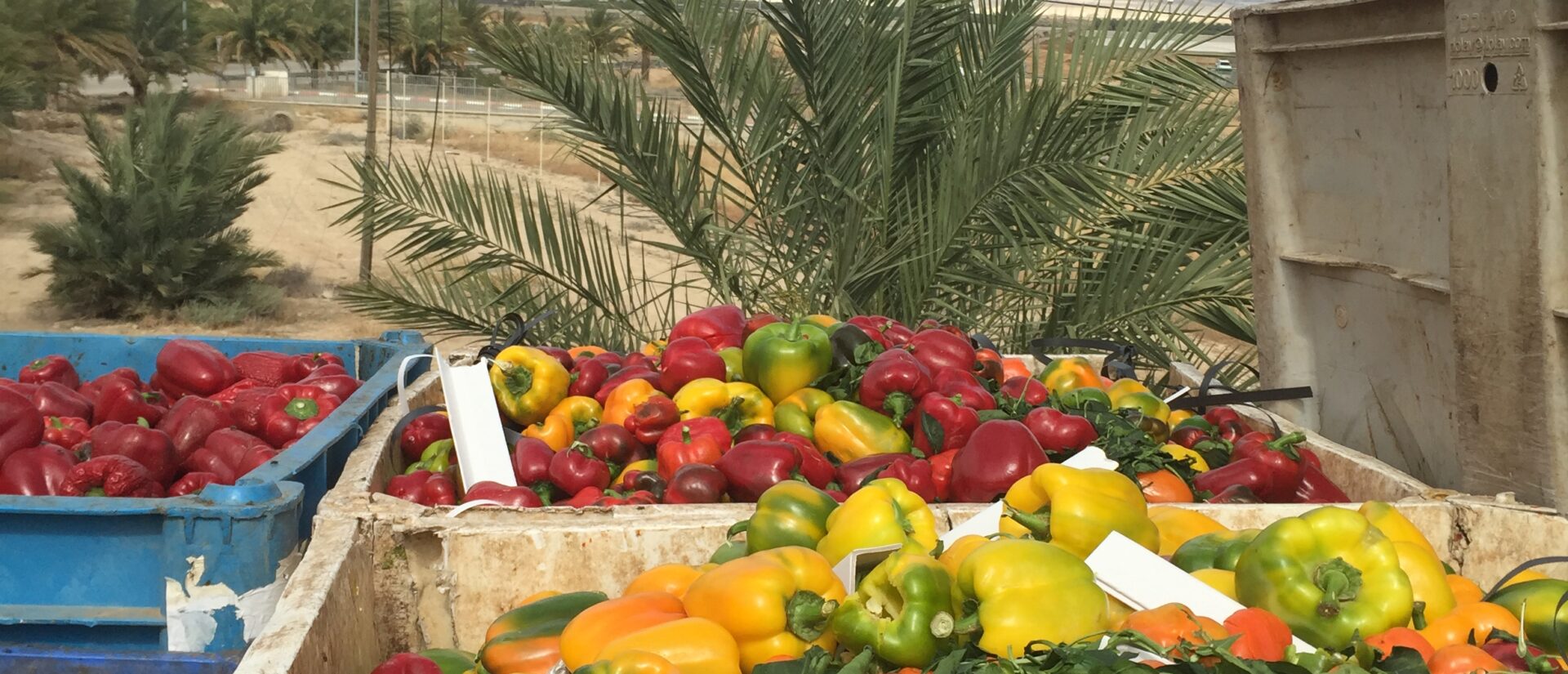
Civil society organisations respond to first progress report UN database of business in Israeli settlements
Civil society organisations respond to OHCHR’s first progress report on the UN database of businesses involved in Israeli settlements, and provide input for its normative framework and criteria for inclusion.
The Centre for Research on Multinational Corporations (SOMO), the Global Legal Action Network(opens in new window) (GLAN), and the International Federation for Human Rights(opens in new window) (FIDH) are publicly releasing their joint submission to the Office of the High Commissioner for Human Rights (OHCHR), in response to OHCHR’s first progress report. While the organisations behind the submission welcome the progress report and the efforts made to develop the database, gaps remain regarding the normative framework and criteria for inclusion on the database.
Criteria for inclusion
In their submission, SOMO, GLAN, and FIDH call on OHCHR to transparently set out the criteria for business’ inclusion in the database – clarifying the types and levels of corporate involvement in Israeli settlements. Failure to provide such guidance on the workings of the database to business and their home states, could negatively impact the authority and legitimacy of the database.
Transparent procedures
The organizations also call for more transparency about the working procedures of the database; including clear timeframes, burden of proof standards, criteria for assessing the adequacy of a business’ efforts to terminate or review settlement related operations, and a fair and reasonable procedure for challenging the inclusion of a business in the database.
Annual publication or a living database?
Despite political pressure and budgetary restrictions, it would be wrong to limit the mandate granted to OHCHR to the mere annual publication of a report. This approach is at odds with the necessary working procedures of a living mechanism such as a database, which assumes its ability to provide regular updates and to interact with business and home-states. OHCHR must be allocated a renewable and adequate budget that permits it to operate the database as a living mechanism.
Do you need more information?
-

Lydia de Leeuw
Researcher
Partners
-
Global Legal Action Network
Related content
-
Support for database on business in/with Israeli settlements in occupied territoriesPosted in category:Published on:Statement
-
 US gas company linked to human rights violations in PalestinePosted in category:NewsPublished on:
US gas company linked to human rights violations in PalestinePosted in category:NewsPublished on: -
Robust methodology key to success of UN database of businesses involved in Israel’s settlementsPosted in category:Published on:Statement

